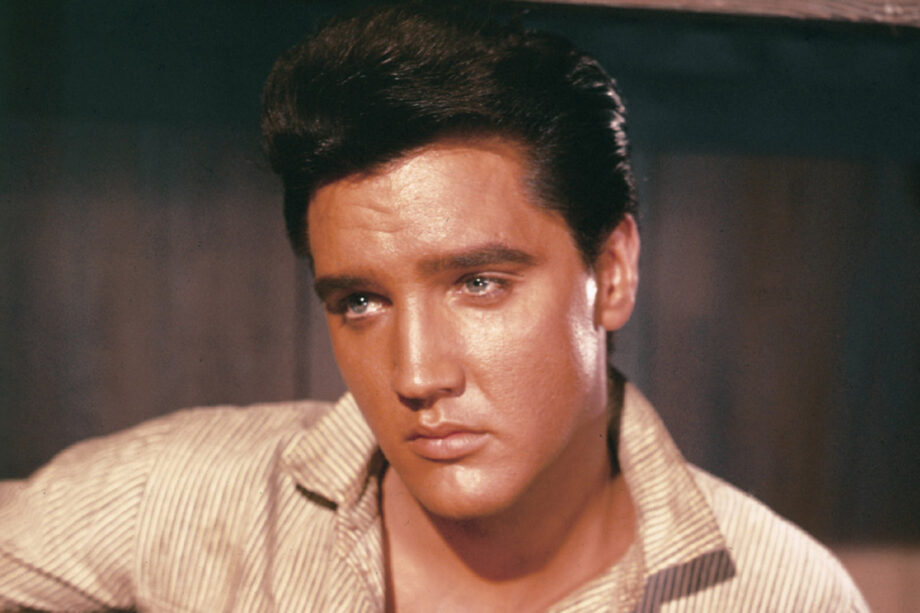There’s a part of Elvis Presley’s life that many people don’t know about — his twin brother, Jesse Garon Presley.
Elvis’ life and career were shaped by this early tragedy. Jesse never lived to see his brother’s success, but his presence may have influenced Elvis in many ways.
Elvis and Jesse are Twin Brothers Born in Mississippi
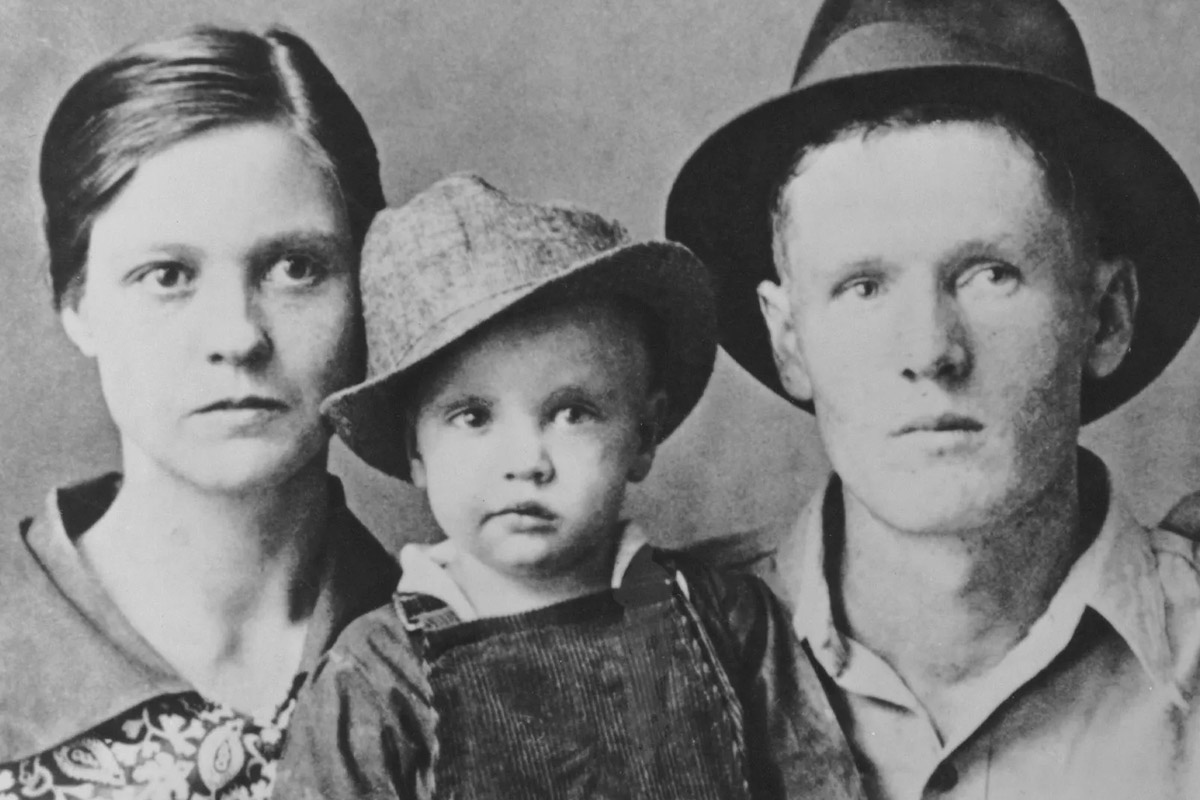
Elvis Presley was born on January 8, 1935, in Tupelo, Mississippi. His parents, Gladys and Vernon Presley, were struggling financially and lived in a small two-room house.
Most people think Elvis was an only child, but he had a twin brother, Jesse Garon Presley. Jesse was born 35 minutes before Elvis but was stillborn, meaning he was dead at birth. This made Elvis the only surviving child of the Presley family.
Where Is Jesse Garon Presley Buried?
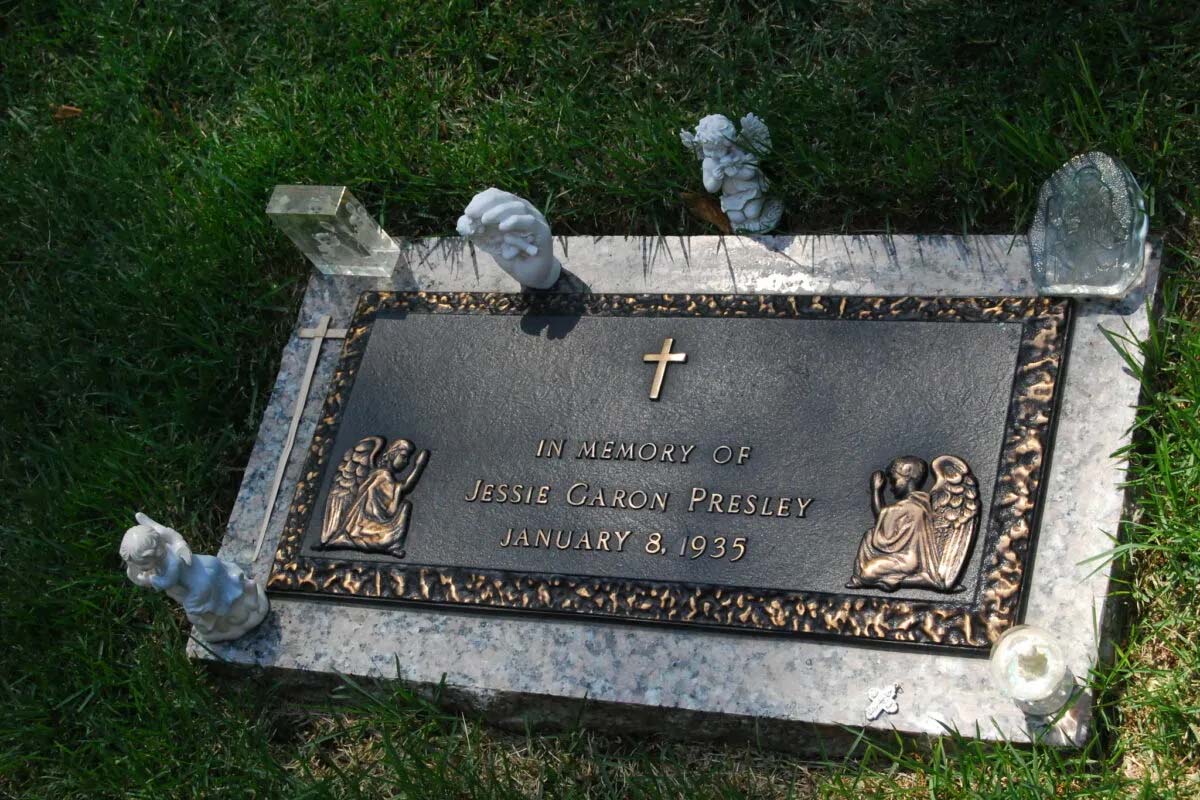
The Presley family had very little money, so they couldn’t afford a proper funeral or a coffin. Jesse was buried in a shoebox and placed in Priceville Cemetery in Tupelo, Mississippi.
His grave is unmarked, so it’s hard for fans to visit. Some reports say there is a small stone near his relatives’ graves, but it doesn’t have his name on it.
Jesse’s body was never moved unlike Elvis and his parents, who were later buried at Graceland in Memphis. Some believe his remains were too fragile to transfer, while others think the family never considered relocating him.
There is a memorial gravestone for Jesse in Graceland’s Meditation Garden, but his real burial site remains in Tupelo.
How Jesse’s Death Affected Elvis
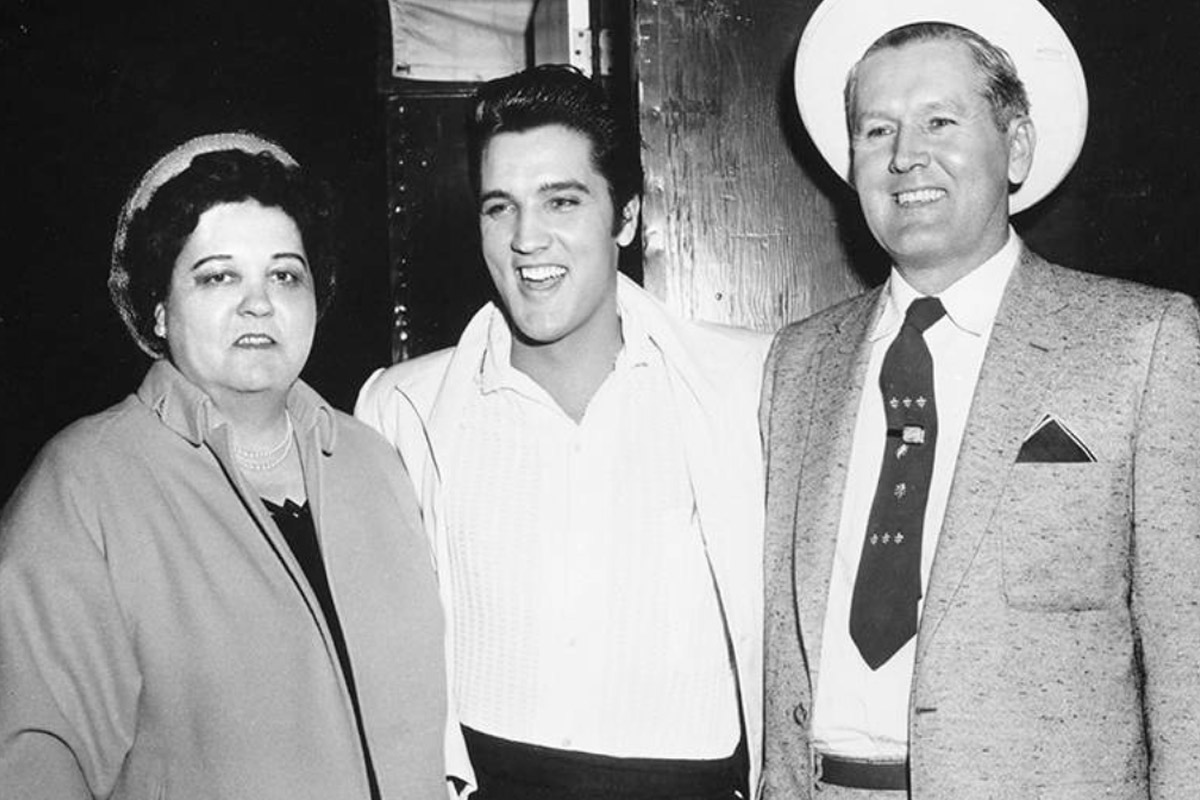
Losing a twin brother at birth can have a deep emotional impact. Many biographers believe Jesse’s death shaped Elvis’ personality, relationships, and career.
Elvis’ mother, Gladys Presley, reportedly told people that Elvis was ‘living for two,’ as if he carried the weight of his twin brother’s absence throughout his life.
Some close friends, like Larry Geller, said Elvis often thought about Jesse and questioned why he had survived instead of his brother. In private moments, Elvis would talk about Jesse and even visit his grave.
Some researchers believe that losing Jesse led to feelings of loneliness and guilt for Elvis. This could explain why he was so devoted to his music and fans, always looking for connection and purpose.
Conspiracy Theories: Did Jesse Really Die?
Even though there is no evidence, some conspiracy theories claim that Jesse did not actually die at birth.
One theory suggests that Jesse was secretly raised in hiding and later used as a body double for Elvis. Some fans believe Jesse appeared in a 1970 interview at the Houston Astrodome, pointing out differences in eye color and mannerisms between this Elvis and the one they knew.
These claims are not backed by any real proof. Jesse was stillborn, and there are no official records or witnesses suggesting otherwise.
Did Jesse Influence Elvis’ Career?
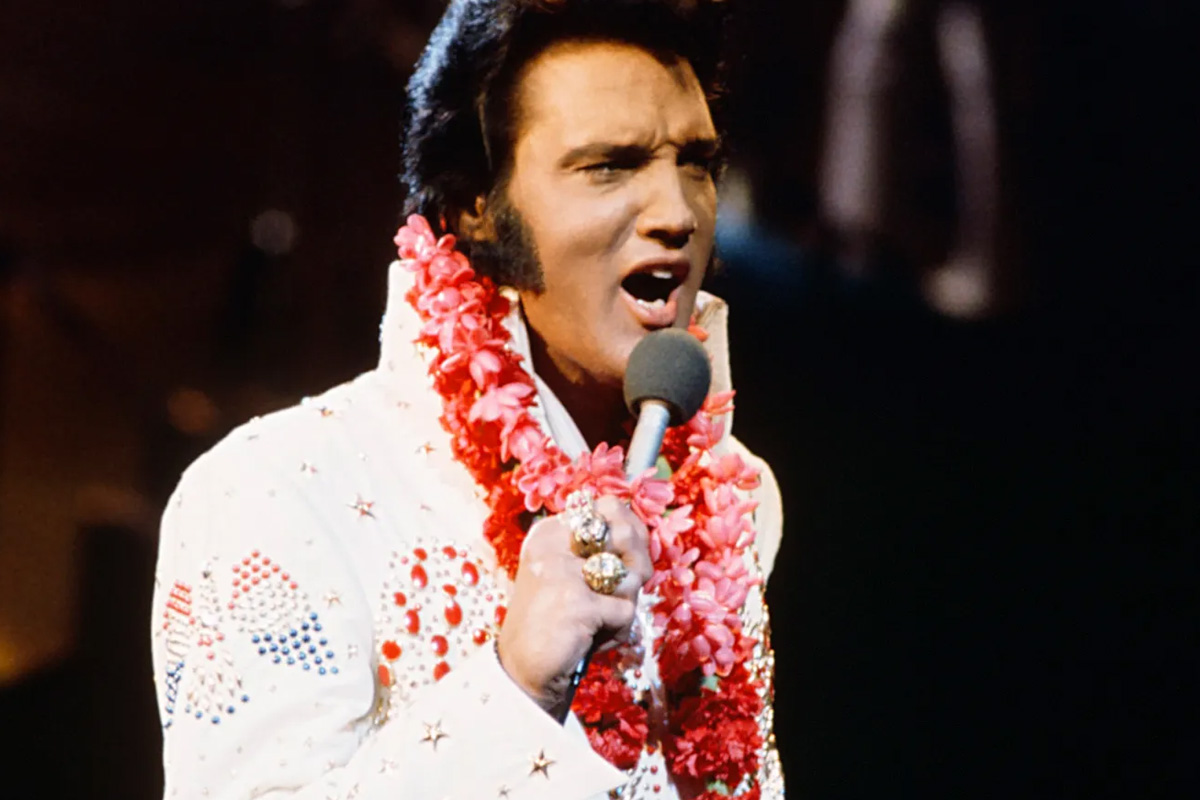
Some biographers believe Jesse’s death pushed Elvis to succeed in ways he might not have otherwise.
Psychologists say that some twins who lose their sibling at birth experience “twin survivor syndrome.” This can create feelings of emptiness, guilt, or a strong desire to prove their worth.
In the book The Inner Elvis, author Peter Whitmer suggests that Jesse’s death was the biggest influence on Elvis’ life, even though he never got to know his brother.
Fans Remember Jesse Garon Presley
Jesse’s life was short, but his story is still part of Elvis Presley’s legacy.
Some fans visit Priceville Cemetery to leave flowers and notes in honor of Jesse. Others recognize his influence by discussing how different Elvis’ life might have been if his twin had survived.
Elvis himself never forgot Jesse, and his connection to his lost brother remained a deep part of who he was—both as a musician and as a person.


